Between play dates and soccer practice, homework and swimming classes, and the general chaos around the home, being a parent can certainly be a challenge. But if you have a child with attention deficit hyperactivity disorder (ADHD), you’re probably well aware that it can bring a few extra challenges along the way. You’ve trusted Mamavation to bring you topics like 12 backyard projects to get kids outdoors, tips on how to take your food allergic child to a restaurant, & safest Makerspace STEM projects, now join us as we go explore how to manage ADHD without medication with Dr. Dawn Brown, Psych MD from Houston.
Disclosure: This post was written by Dr. Dawn Brown Psych MD. Bio at bottom of post.
Table of Contents
ADHD is a Big Issue In the United States. Side Effects of Medication to Little Patients Can Be Overly Burdensome. But There Is Hope in Natural Methods Too.
An estimated 6.4 million children are currently diagnosed with ADHD in the United States and with that diagnosis often comes with the medication. But, many parents are not willing to medicate their children on a daily basis. Studies have shown that Ritalin, a common ADHD medication, can lead to side effects such as blurred vision, slowed growth, trouble sleeping, nervousness and a decreased appetite. Children can also have trouble sticking to the medication schedule, with one study showing that only 22 percent were still taking the medication after two years.
The good news is that there are a number of lifestyle changes, eating habits, exercise routines, and other natural ways to manage ADHD that can be effective. The rest of this post will cover 6 different strategies we use to avoid medication.
Make Sure You Are Establishing a Set Routine. This is Key to Managing ADHD in Children.
Children with ADHD typically respond best to a home and school life that have structure and routine. Having daily activities to focus on helps them to stay organized and allows them to take one task at a time.
One of the most problematic periods for parents can be getting their children off to school in the morning. Preparing all the school supplies and clothing the night before can help to reduce some of that uncertainty and stress.
You can also help your child by creating a neat and organized home environment. As well as reducing the clutter and making life more manageable, it will also teach your child that everything has a time and place.
Make Sure Your Child with ADHD Gets Enough Sleep Every Night
Sleep can be a game changer for children with ADHD. It’s common for these children to suffer from sleep disorders, with each condition potentially exacerbating the other. Just getting half an hour’s more sleep a night can reduce the symptoms of ADHD such as impulsivity and restlessness. Implementing good sleep practices can help you get that extra sleeping time. So, what should you do?
- Set a consistent bedtime that remains in place even on the weekends
- Make sure the bedroom is cool, dark and has plenty of fresh air
- Break bedtime down into a set routine that helps them settle down
Make Sure Your Child with ADHD Is Hydrated
The human brain is made up of 80 percent water, so anything that dehydrates the brain can have a significant impact on cognition and judgment. A new study published in the Journal of Attention Disorders found that children with ADHD drunk more artificially sweetened juice than children without the condition. They were also less likely to drink more than 3 glasses of water a day.
To keep your child properly hydrated, it’s recommended that they drink between 7 and 10 glasses of water a day, depending on their age.
The Dietary Choices of a Child with ADHD Absolutely Impacts Their Impulse Control & Focus, So Keep It Clean.
The eating habits of many families in the United States are making the symptoms of children with ADHD worse. Junk food, fast food and even children’s meals at schools are high in simple carbohydrates, low in protein and healthy fats, and deficient in nutrient-rich vegetables. Children also snack throughout the day, eating processed foods that are high in sugar, synthetic flavors, and artificial colors, all of which can make the symptoms of ADHD worse.
Children with ADHD can struggle during meals, with structure once again essential to getting them used to sitting and eating at certain times. Without this structure, they can be too distracted to eat at meal times and instead binge on snack food throughout the day.
Studies show that a low-sugar, high-protein diet that’s free from additives, along with supplements like zinc, iron and fish oil, can be effective at keeping ADHD symptoms in check. An elimination diet that cuts out sugar, dairy, gluten, eggs and certain meats can also improve the symptoms of ADHD by up to 70 percent.
Physical Activity is Important With a Child with ADHD, So Get Them Moving
The American Academy of Pediatrics recommends that children with ADHD get at least 1 hour of physical activity every day and no more than 1 to 2 hours of screen time. Physical activity is a great way to burn off excess energy, but the benefits can be much further reaching than that. Physical activities that encourage kids to focus on their movements, such as dance, martial arts, or sports help to improve their concentration which can decrease symptoms of anxiety and depression.
Activities that require constant motion are the most effective for children with ADHD. Individual sports like swimming, tennis, running, and gymnastics are excellent, as are team sports like soccer, which allows children to develop their social skills while being in constant motion. Most coaches know very little about ADHD, so it’s important you share a little of your expertise so they can understand how your child is likely to behave and react.
Encourage the Right Behaviors Instead of Always Scolding–Behavioral Therapy Works!
Behavior therapy has traditionally been used alongside ADHD medication, but it can also be beneficial when used as a standalone treatment. Behavioral therapy focuses on the reinforcement of desired behaviors through the use of rewards and praise and reducing bad behaviors by setting limits and making the consequences clear. There are three basic principles of behavior therapy:
- Set specific goals – Parents should set children clear goals such as reading every evening or focusing on their homework for a certain amount of time.
- Introduce consequences and rewards – Children should be rewarded when they meet these goals and face certain consequences if they are unable to exhibit the desired behavior.
- Be consistent – You should maintain the goals, rewards, and consequences you put in place for a sustained period of time to shape the child’s behavior.
We hope these relatively simple steps show you that managing your child’s ADHD without medication is very possible and can even be more beneficial than conventional treatments.
Author
This is a guest post by Dr. Dawn Brown Psych MD, a top Houston ADHD doctor and founder of ADHD Wellness Center. Committed to building awareness and employing programs to preserve the safety of our future, Dr. Dawn aims to draw attention to the actions we can take right now against the mental health issues of tomorrow. Follow her on Instagram @drdawnpsychmd.
Pin it.
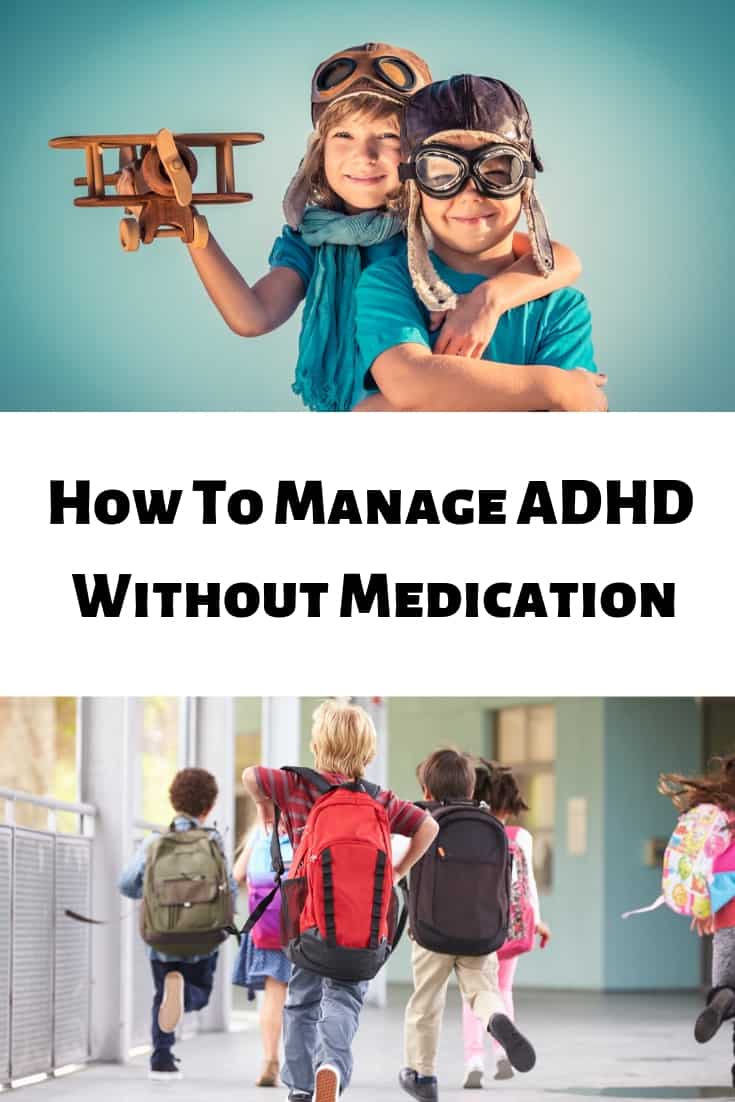


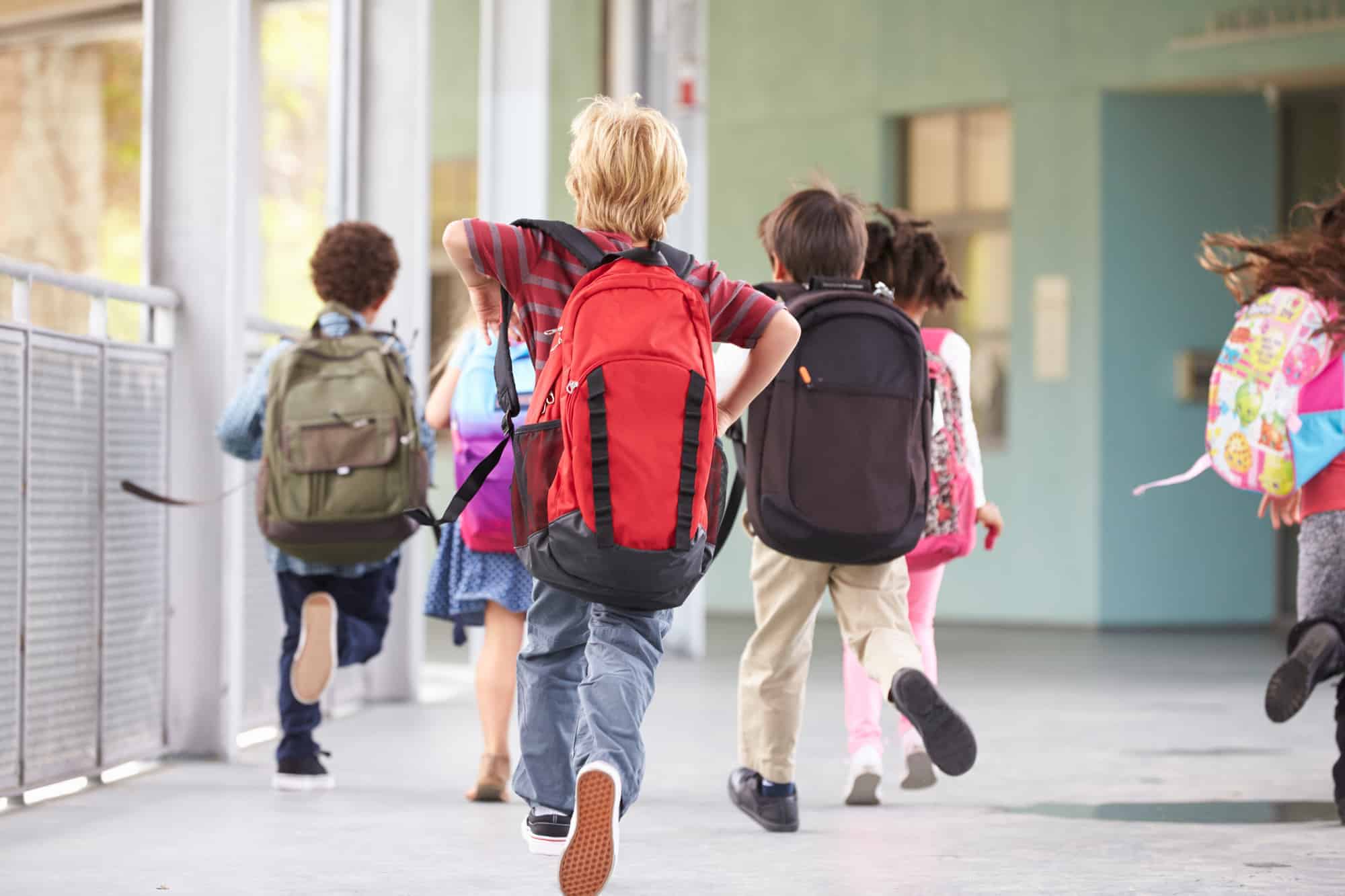
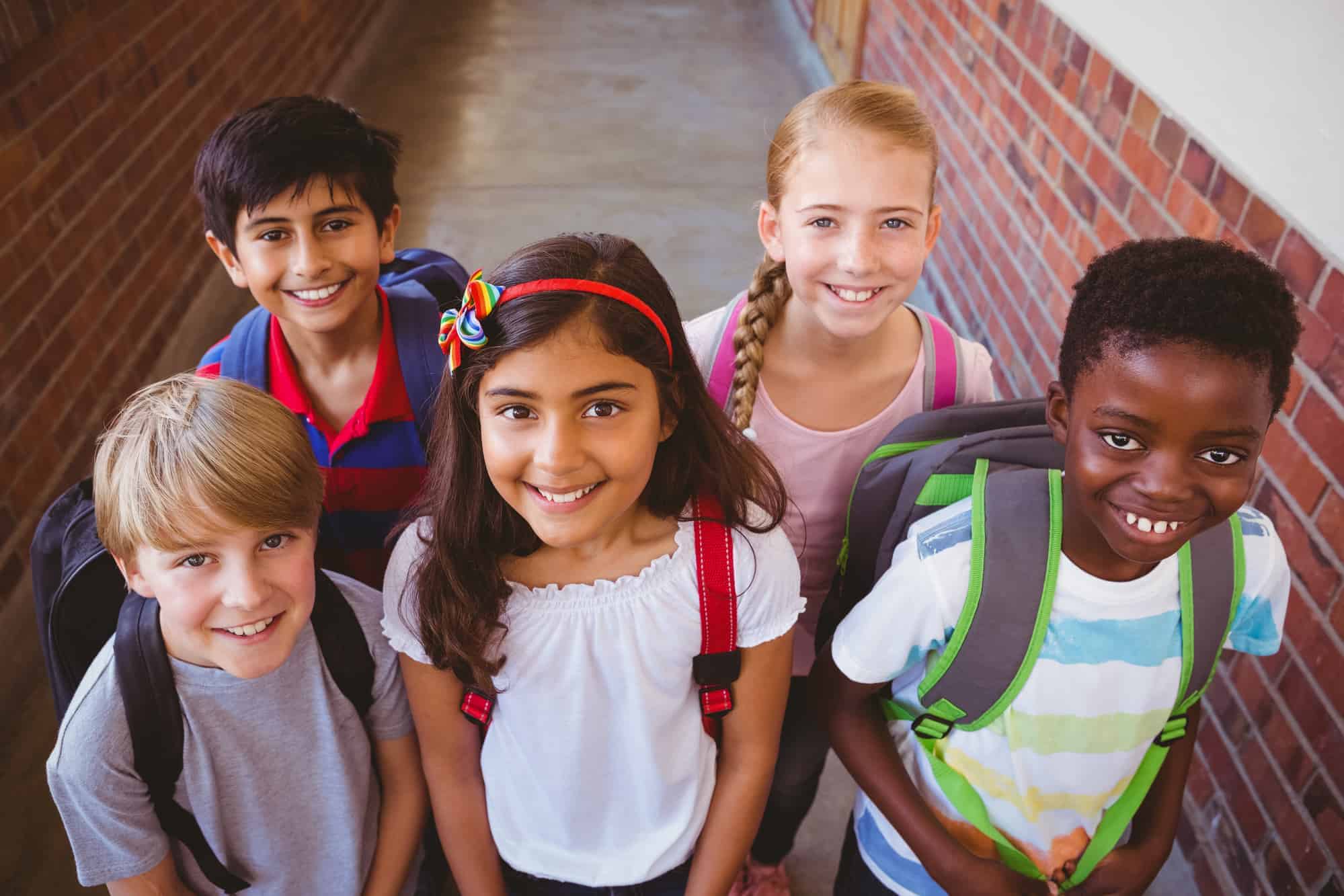
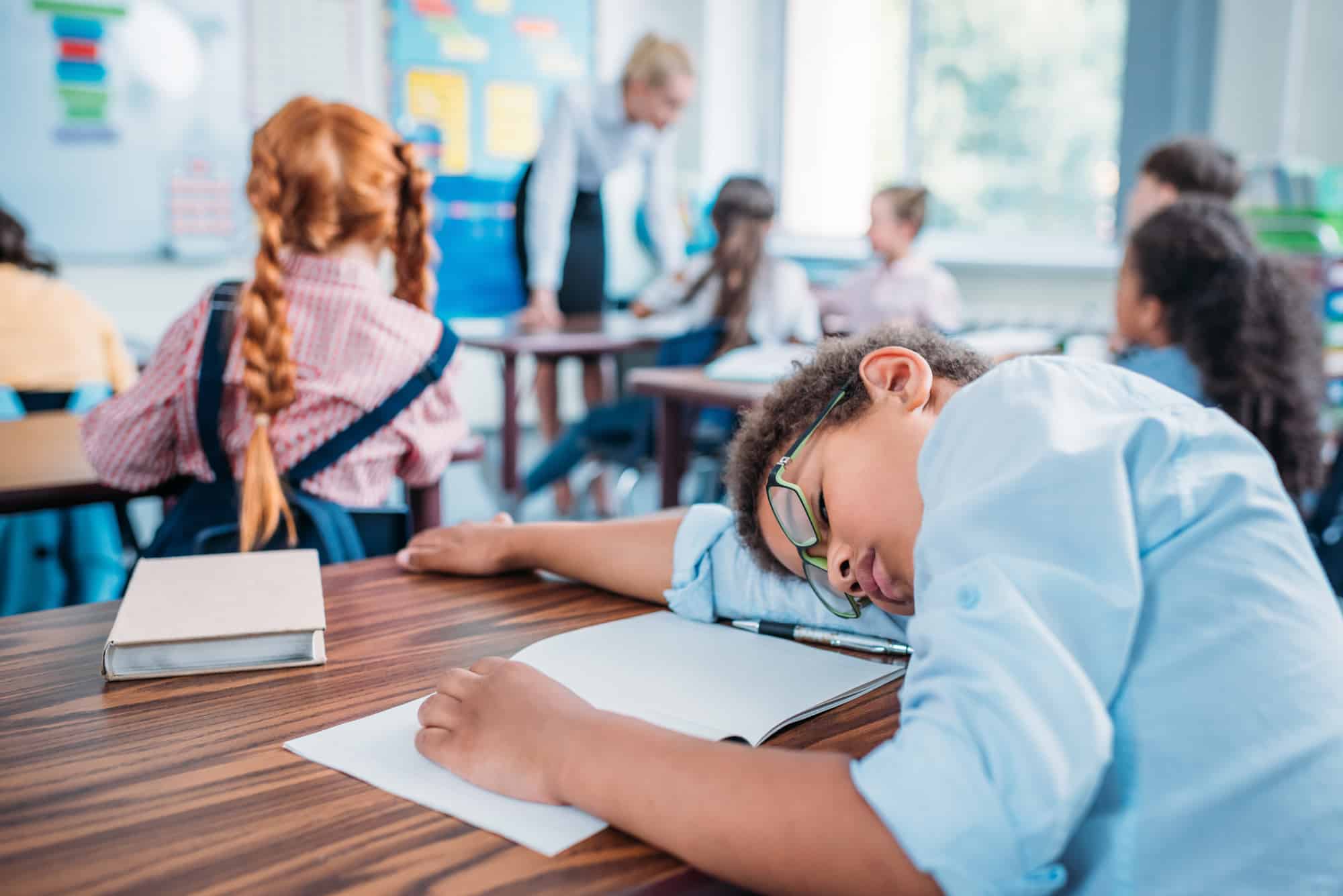
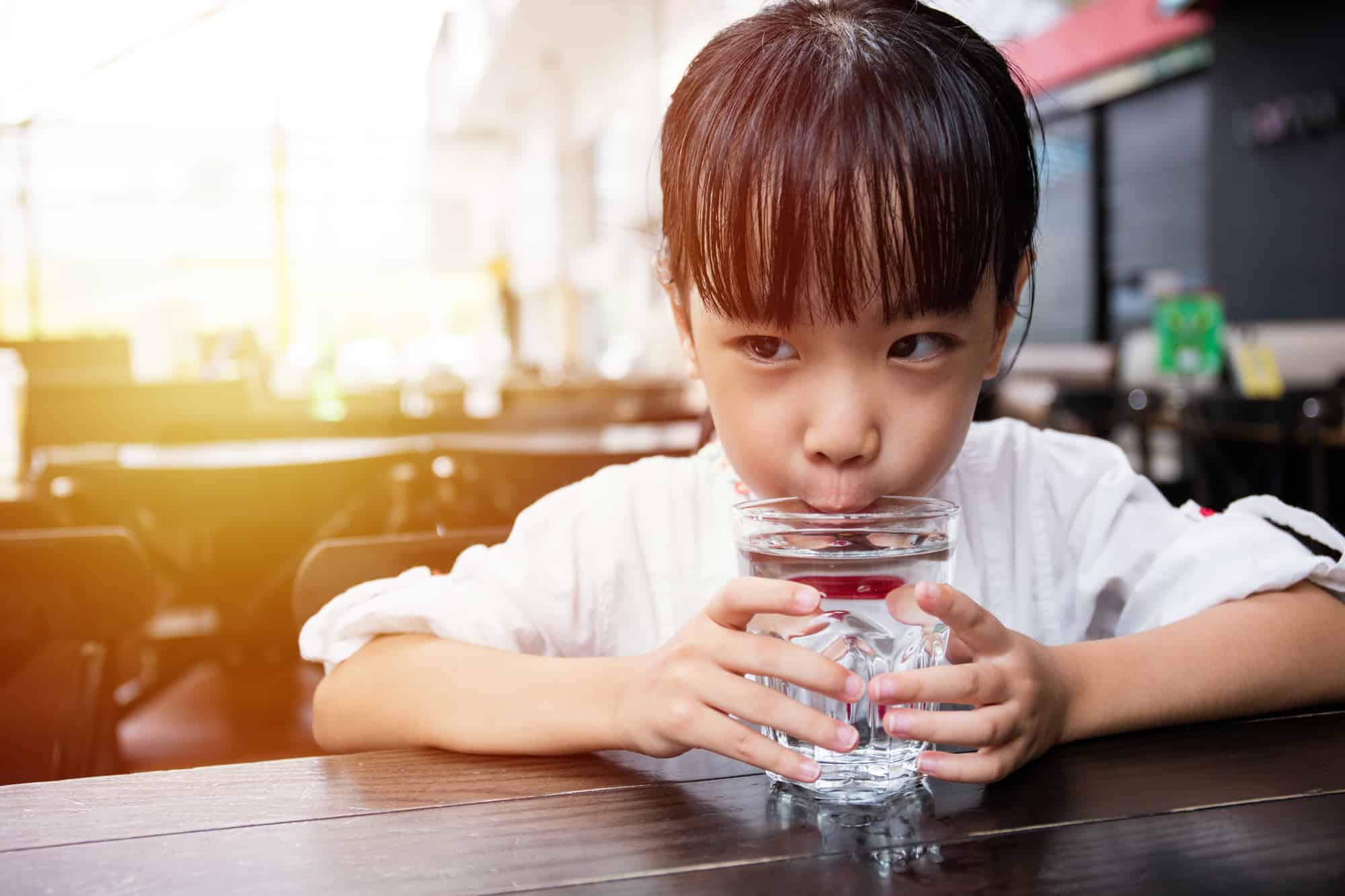


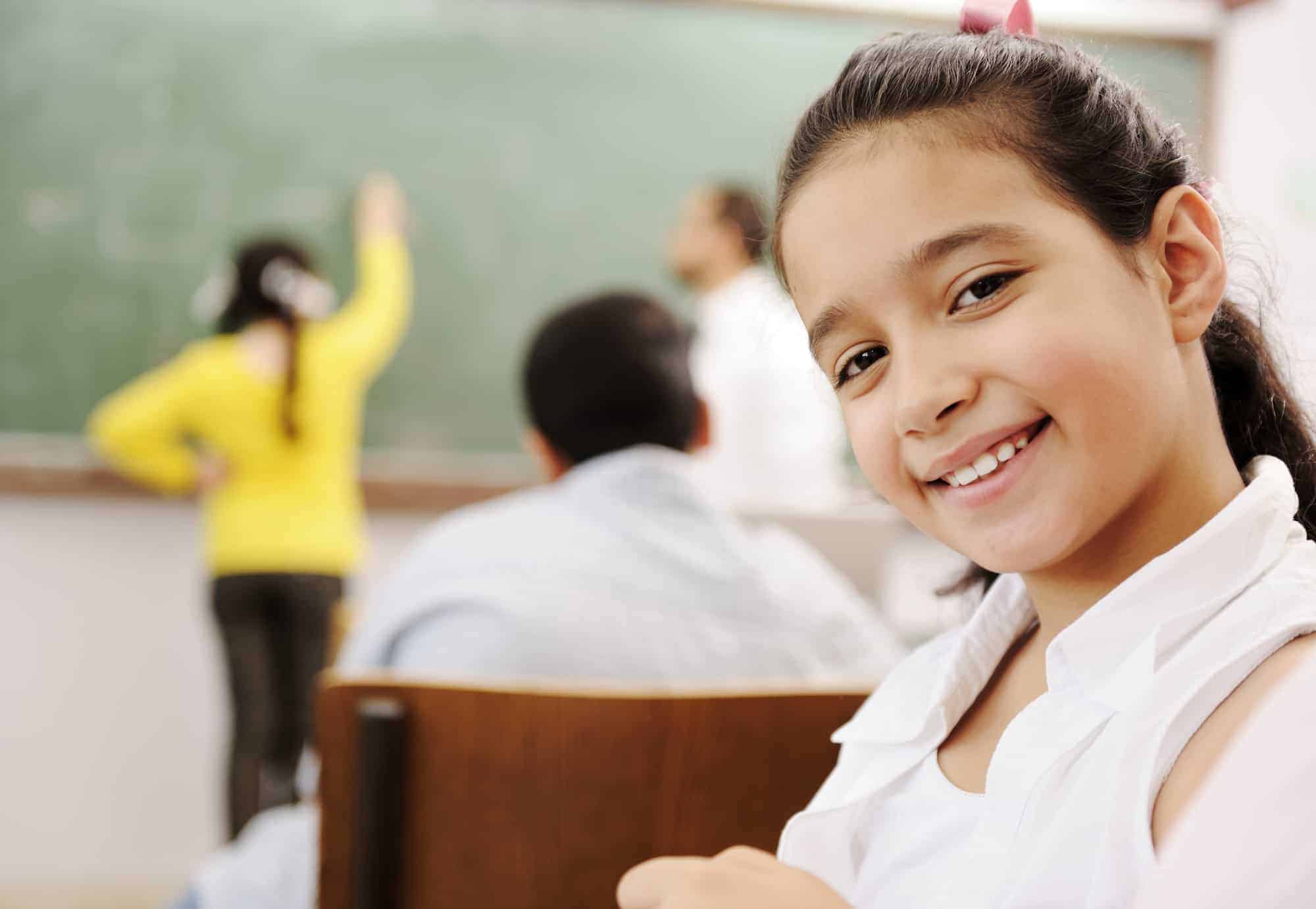
 This Brand Was Caught With a Toxic Ingredient and Immediately Changed
This Brand Was Caught With a Toxic Ingredient and Immediately Changed
After reading this article about managing ADHD without medication, I’m intrigued by the alternative approaches discussed. It’s heartening to see a focus on holistic strategies that encompass lifestyle changes, diet adjustments, and therapy.
The emphasis on personalized approaches for individuals with ADHD highlights the uniqueness of each person’s needs. The idea that a combination of therapies, mindfulness, and proper nutrition can make a significant difference is quite promising. It’s also great to learn about the various resources and organizations mentioned that can provide support and guidance for those seeking non-medication solutions.
Speaking of resources, I’d like to share an additional link that could be helpful for people dealing with mental health conditions, such as OCD. The link – https://calmerry.com/ocd-therapy/ provides insights into OCD therapy and offers guidance on finding appropriate support.
Thank you for this article. It’s very useful
You helped me so much as a writer’s conference newbie with the same advice you just wrote. And when I was a college journalism major, our prof told us the same for newspaper writing. Thanks!
You’re welcome!
There is an opportunity to influence a child’s symptoms by forging a special supportive bond between the child, parents and the education system. The purpose of this connection is to improve social interactivity with teachers and friends and reduce levels of physical and verbal aggression. Sometimes it is very important to devote time to the child, to listen to him, but it takes time. I sometimes order a ready-made essay from – https://essaysadvisor.com/, this gives me more time to spend it with my child.
I love the holistic approach to treating ADHD. It’s relevant in so many ways. Do you ever work with eastern medicine supplements that are safe for children? What about target a breathe work?
I have struggled with my own attention issues as a child and into adulthood .
Additionally I work with many children who are diagnosed with ADHD.
We (my team and I ) have had an opportunity to implement some really practical and targeted eastern supplements and plant-based nourishment routines with our key clients.
To everyone’s delighted , our clients
Are experiencing amazing results with suggestions like yours in addition to the ones that we suggest are experiencing amazing results with suggestions like yours in addition to the ones that we suggest. As I’m sure you agree it is such a privilege to be able to have a positive impact with these clients.
I love to chat more in private message about how you’ve seen your suggestions results in such positivity. Keep up the good work!🙏🏻🙏🏻
My older son was diagnosed with ADHD and he struggled a ton in 1st grade. His dr had him on stratera and they took him off of it one day at his pediatrician’s office. We tried a few other medications but they just made him a zombie and you can’t learn like that. So we took him off all of his ADHD medication completely, except for his clonidine. The dr prescribed a blood pressure medication to help him sleep. When he was little he would fight for hours at bedtime and wake up at the crack of dawn. As a single mom, this wasn’t working and it wasn’t healthy either. To this day, he still takes clonidine to manage his ADHD and has performed well in school. He was held back in first grade and we had a few homework struggles due to ADHD too but other than that he is a healthy young adult now. He is very smart, loving, and attentive young man and I’m proud to be his mom.
Let me know how it works for you and your family, Carole!
This is great advice. We do some of this, but I’ve never seen it put together like this in a plan! Thanks!